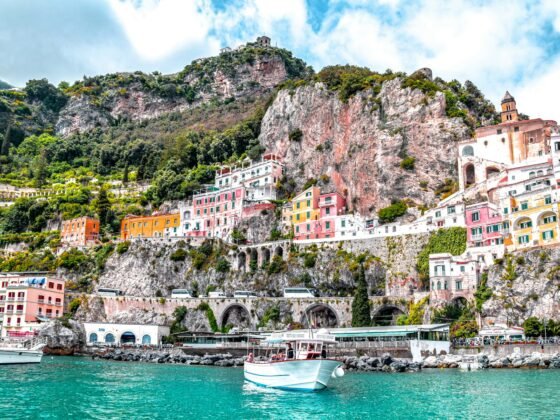
Nowadays, India maintains its position as one of the global leaders in business, investments, HR, medicine, cultural diversity, and various other areas. With the advancement of technology and research, this country is becoming one of the most attractive destinations for business conferences. Additionally, to experience unforgettable moments and relax, visitors frequently combine these activities with visiting some of India’s best destinations, trying local delicacies, and enjoying Indian culture.
Citizens of practically all nations are required to obtain a visa to enter the country. But while getting a visa for some countries is sometimes a tricky procedure, the Indian visa can be readily obtained if you follow the proper guidelines and take the right actions. Not only is the application process more straightforward and less expensive when compared to other countries’ practices, but you can apply for an electronic visa India-bound if you work with a certified visa services provider.
If you are interested in visiting India but are not sure what kind of visa you will need, this article will be your complete guide on obtaining an Indian visa.
Tourist Visa
Traveling to India as a tourist is one of the best experiences in life. The Taj Mahal, Jaisalmer, Golden Temple, and The Holy City Varanasi are just a few of the many attractions in this country. However, suppose you want to experience a relatively short vacation in India. In that case, you will need a tourist visa for which you should apply 45 days before your arrival because it needs to be approved by the Ministry of Home Affairs of India. It lasts up to six months, and you can’t stay even longer as a tourist.
Business Visa
Business visas are offered for anyone who wishes to do business or explore business prospects in India. This form of visa is valid for up to 10 years with numerous entries. Business visa holders that register with the Foreigners Regional Registration Office are typically not permitted to remain in the Indian territory for more than 180 consecutive days.
To submit for a business visa, the applicant must send a letter from the entity with whom they want to do business indicating specifics such as the nature of the business, destinations to be visited, length of stay, and intention of covering expenditures.
Employment Visa
When you’re a foreign citizen working in India for a recognized organization, you can get an employment visa. Employment visas are typically valid for one year or the length of the agreement, but they can be extended in India.
To apply for an employment visa for India, you must provide documentation that you are working in an Indian firm or organization, such as a contract outlining all of the terms and conditions of your stay.
Intern Visa
This is a relatively new type of visa meant for those who aspire to work as interns in an Indian organization or company. Previously, these people had to deal with the difficulties of obtaining an employment visa.
One requirement to get the intern visa is that the time between graduation or post-graduation and the start of the internship does not surpass one year. Furthermore, when applying for this visa, keep in mind that an intern visa cannot be changed into employment or any other sort of visa. The validity period for this type of visa is up to the duration of the internship program or one year, whichever is shorter.
Medical Visa
Medical Visas are required for those receiving long-term medical treatment at authorized and accredited Indian hospitals or treatment institutes. The therapy’s nature must be substantial to obtain a medical visa, such as organ transplantation, heart surgery, or neurosurgery. With its approval, the patient may be accompanied by up to two medical attendants. If you are getting a short-term treatment no longer than 60 days, you can even apply for an e-medical visa.
Student Visa
A student visa permits visitors to travel to India and study at a recognized Indian academic institution for an extended period. However, a tourist visa is insufficient for long-term study at reputable educational institutions, so students from other countries must get a student visa. Student visas are available for up to five years and can be extended in India, depending on the length of the program.
Final Words
Undoubtedly, India is a country that everyone should visit at least once. Regardless of the purpose of your trip, India offers different types of visas for different types of goals. With the development of new technologies, it is now more than ever easy to obtain a permit and visit this wonderful country.












